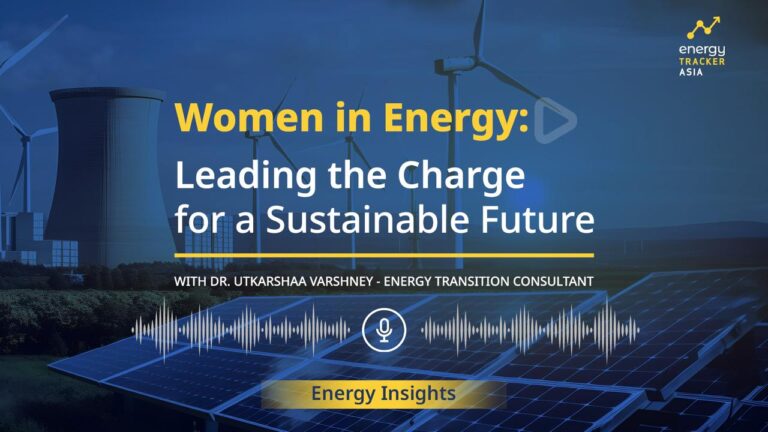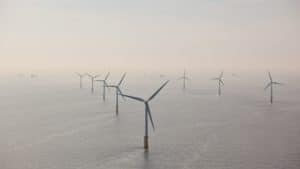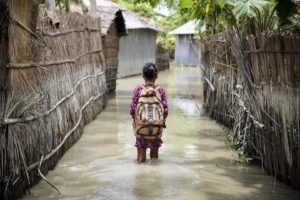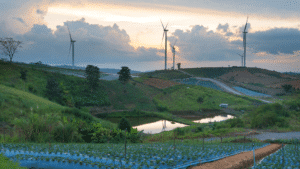Features

Bangladesh’s Predicament Deepens as Asia Braces for Expansion of Fossil Fuel Corporations
Bangladesh’s recent energy policies reveal a troubling shift toward expanding fossil fuel projects, including open-pit coal mining and LNG imports, despite ongoing issues with energy security and high costs. These developments, driven by political and international influences, threaten to deepen reliance on outdated fossil fuels while sidelining renewable energy efforts.
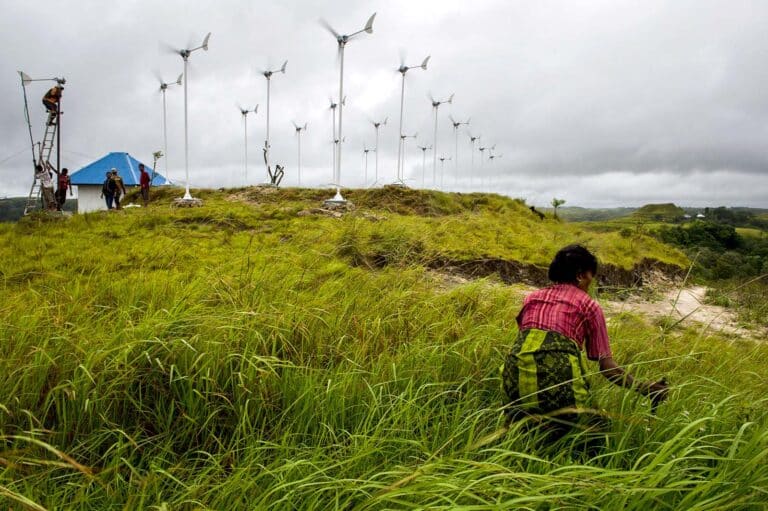
Asia’s Progress On Global Renewables and Energy Efficiency Pledge
Climate Analytics recently released a report on the progress eight key Asian countries have made towards key climate agreements from COP26 and 28. The report paints a diverse picture, with many highs and lows. However, the primary theme is a lack of consistency across the region, with countries failing to align their national policies with climate commitments.
Renewable Energy
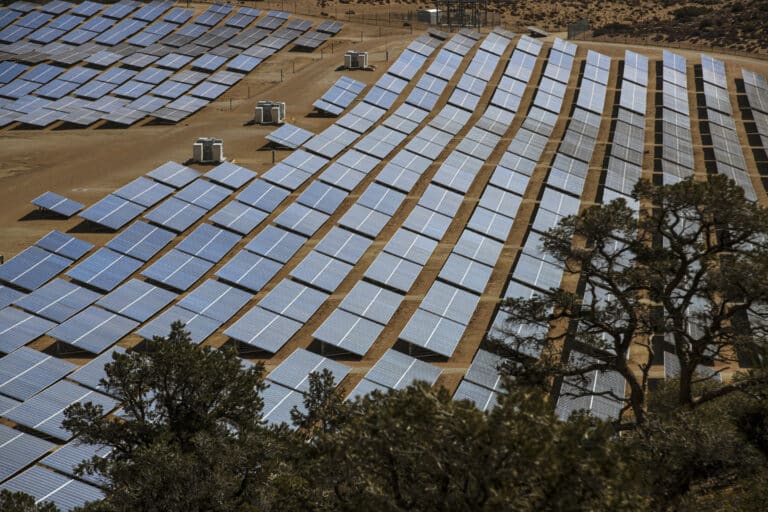
How Does Solar Energy Work: A Guide
Solar energy is the fastest-growing form of energy generation technology. It is desirable because it relies on the sun's radiation, a predictable and infinite energy source. Furthermore, infrastructure costs are rapidly declining, efficiency is improving and widespread demand for renewable energy adoption is increasing.
Fossil Fuel

China’s Oil Demand Dropped: Experts See Start of a Trend
The drop in the demand for oil-based fuels in China signals that their peak might be getting closer in what could prove a watershed moment not only for the global oil markets, but also for Asian countries that look toward China for inspiration on how to decarbonise their economies.
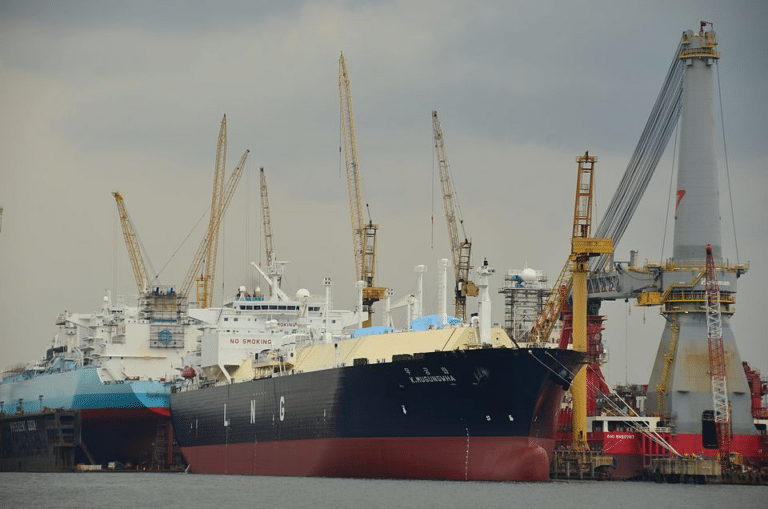
Unneeded Papua New Guinea LNG Project Would Harm Environmental and Human Rights
The Papua New Guinea LNG project is facing increasing investor withdrawal due to environmental and human rights concerns, with 13 of the top 50 investors already committing to withdraw funding. Critics warn that proceeding with this project could exacerbate climate change and violate the rights of local communities, emphasising the need for a shift towards renewable energy investments instead.
Region
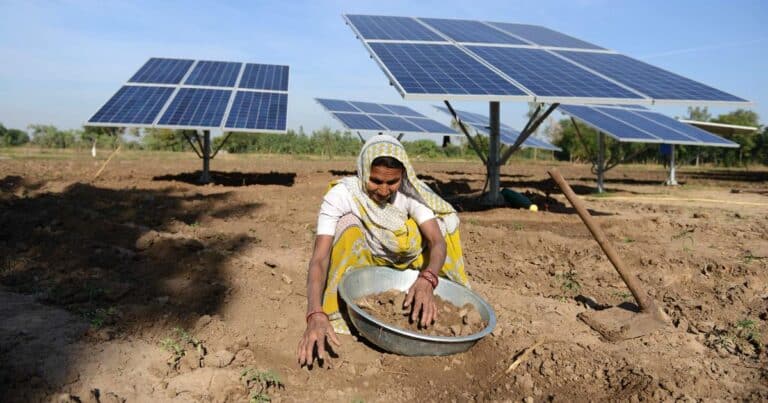
Solar Energy in India: From Potential to Power
India has the world's third-largest installed solar capacity and plans to reach 280 GW by 2030. This is supported by favourable government policies that capitalise on the country's geographic and economic position, making solar one of its most viable renewable energy sources. Meeting these goals is critical for the country's future economic, environmental and public health prosperity.
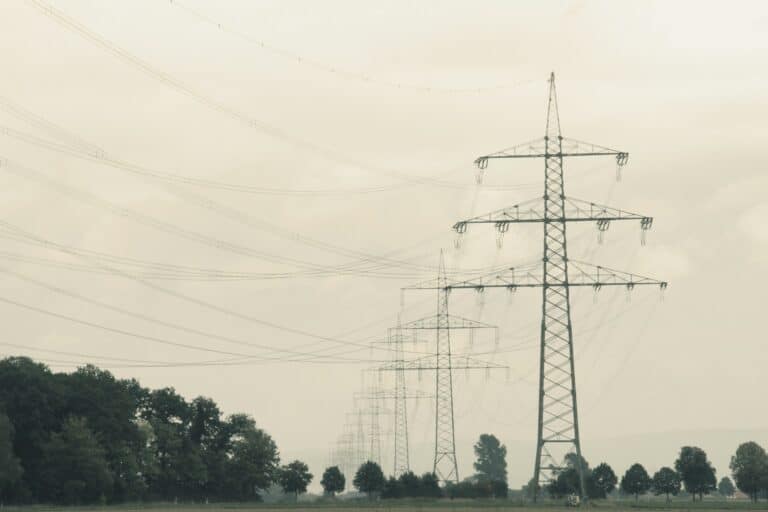
Cost-cutting Solution for Companies in the Philippines
Experts note that addressing the economic and social repercussions of the high electricity costs in the Philippines requires policy reforms that prioritise investments in renewable energy and reduce the reliance on fossil fuel imports.





